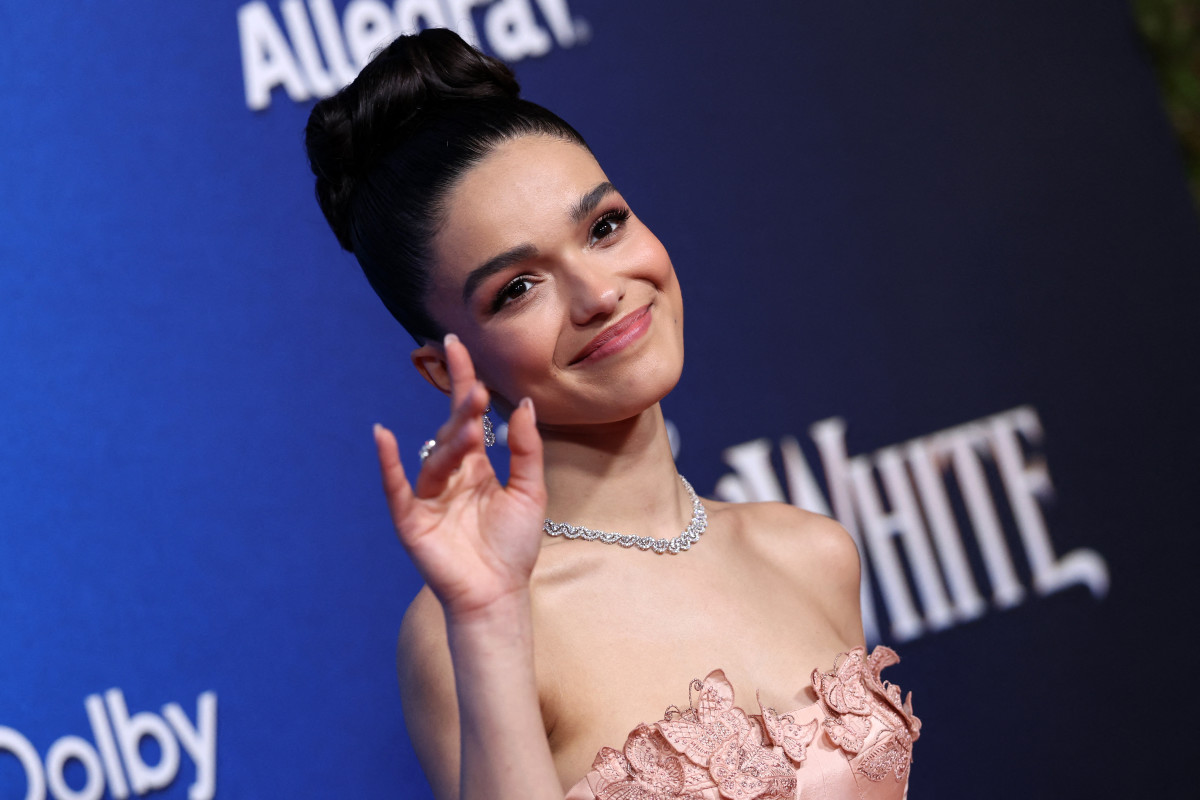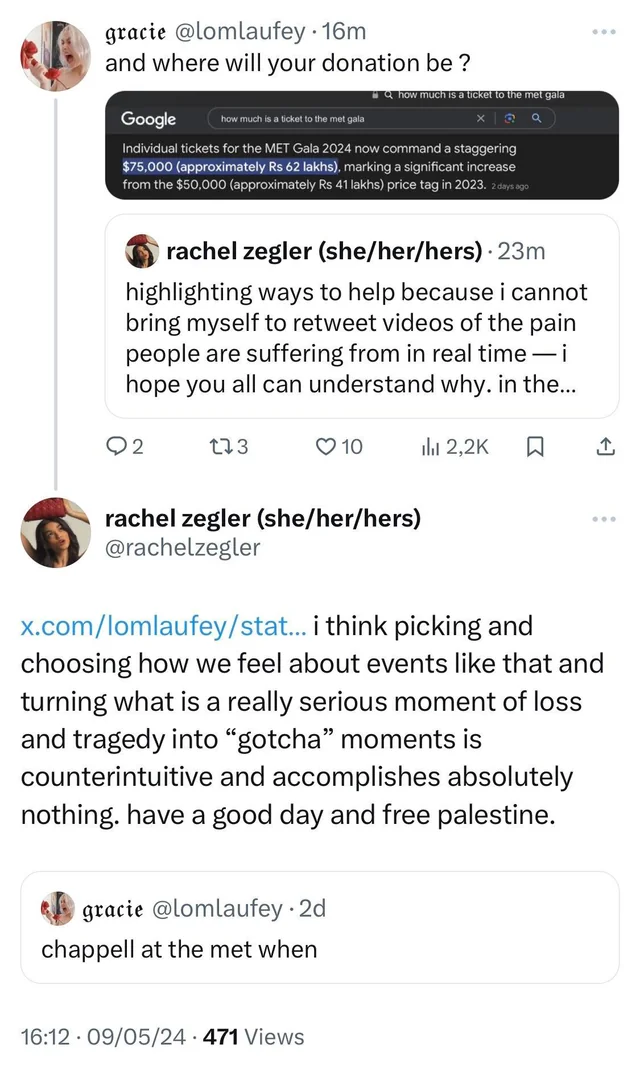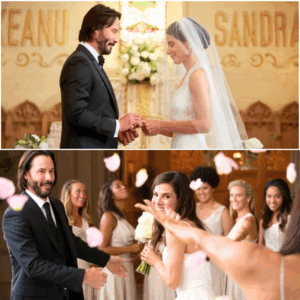
The release of Disney’s “Snow White” live-action remake has sparked online controversies, particularly regarding the movie’s lead actress, Rachel Zegler. A combination of interview clips, online posts and berating of Zegler’s race in the film’s casting decision have been circulated. Are these arguments valid, or are they ultimately just an example of the misogyny and racism built into Hollywood?
One of the most widespread claims in this controversy involves clips from an interview with Variety at the D23 Expo in September 2022. Online, people claim Zegler mocks the film’s love story, by calling The Prince a stalker, and makes fun of people for liking the original film. In reality, Zegler is merely stating how the film was changed in its live-action adaptation.
“The original cartoon came out in 1937, and very evidently so,” Zegler said in the interview. “There’s a big focus on her love story with a guy who literally stalks her, weird. So we didn’t do that this time.”
Later at the D23 Expo, she said, “We wrote a Snow White that’s not going to be saved by the prince, and she’s not going to be dreaming about true love.”
Junior history major Breanna Wilson asserted that the reasoning behind Zegler facing the brunt of the heat online is due to her refusal to put her opinion in the framework of traditional feminism.
“It’s because she’s trying to deviate from the idea of tradition,” Wilson said. “The minute anyone like Rachel Zegler is like anything that deviates from ‘normal feminism,’ she’s shut out of society.”
Another critique of the actress comes in claims that she did not like the original “Snow White,” as she had only seen it once and thought the film was scary. This comes from an interview with Entertainment Weekly.

“I was scared of the original cartoon,” Zegler said in the interview. “I watched it once, and then I went on the ride in Disney World called ‘Snow White Scary Adventures,’ which doesn’t sound like something a little kid would like — I was terrified of it, and never revisited Snow White again.”
Ultimately, Zegler’s initial response for Snow White was purely a child’s opinion. She should not be prosecuted now for her fears as a five-year-old.
Jacob Hahn, a first-year psychology and English double major, expands on this point.
“The original story of Snow White is scary,” Hahn said. “She dies and is in a glass coffin for all of these dwarves and whoever to look at. I don’t think she’s in the wrong for saying that; [it] definitely does not warrant the response she’s getting.”
Outside of interview clips fueling the Snow White dispute, there are also claims that Zegler turned the film political due to her outspokenness on the Israel-Palestine conflict.
This controversy began in 2024 when she posted on X thanking fans for the response to a Snow White trailer. She then responded to her own post, stating, “and always remember, free Palestine.” She then refused to delete the post despite pressure from Disney executives.
 This heightened the tension between Zegler and her co-lead Gal Gadot, a supporter of Israel and former soldier of the Israel Defense Force. Despite the overall conflict being a hot spot for Hollywood controversy, it is only Zegler who is facing backlash for her stance on the conflict.
This heightened the tension between Zegler and her co-lead Gal Gadot, a supporter of Israel and former soldier of the Israel Defense Force. Despite the overall conflict being a hot spot for Hollywood controversy, it is only Zegler who is facing backlash for her stance on the conflict.
First-year neuroscience major Brianna Quintero Mora argues that this is just another example of twisting a celebrity’s words for the sake of online controversy.
“When someone’s words are so amplified, people start to put every single word on a pedestal,” Quintero Mora said. “[Online, they are] taking her words out of context and putting it in a way that she did not intend.”
Finally, much of the criticism of Zegler has focused on her skin color. The original “Snow White” fairy tale takes place in Germany, with many basing their criticisms on the fact that the original Snow White had “skin as white as snow.” As Zegler is of Colombian and Polish descent, her race is a major point of contention for those criticizing her, as she is Latina and therefore not “white enough” to play the originally European Disney princess.
Wilson argues that many actresses are reduced to beauty standards and ideas of race in online discussions and modern film castings.
“Telling her that she wasn’t fair enough to play that role is disgusting to hear,” Wilson said. “There’s this idea that you can be an amazing actress, a wonderful human being, but because you don’t fit the certain image people want you to fit, you’re not good enough and you’re not going to play that role well.”
Hahn agreed with this point that disagreement online is purely based on a rise in racist behavior.
“It’s just people being racist; it’s not any deeper than that,” Hahn said. “We’re seeing a rise of the right, which correlates to how people respond to seeing race and diversity. It’s just a part of the bigger oppressive systems.”
There is no woman good enough for the public. As long as there is a media to twist words and nitpick aspects of every actress, the women of Hollywood will continue to be criticized — especially women of color. Compare this to the men of Hollywood, who seem to escape controversies unscathed.
This can even be seen in the 2021 film “West Side Story,” also starring Rachel Zegler, where her co-star Ansel Elgort faced serious sexual assault allegations, yet Zegler is still criticized and described as a narcissist for her vocal disappointment for not being invited to the 2022 Oscars despite “West Side Story’s” nomination for Best Picture as the films lead actress.
While the Snow White live-action adaptation has not been received well by the box office, the one aspect of the film that critics can agree on is Zegler’s wonderful performance as the Disney princess. Rachel Zegler was not fired from the “Snow White” press tour, she is not trying to sue Disney and she does not hate the original “Snow White.”
Ultimately, the controversy regarding her is just a modern example of women in the film industry being consistently degraded. Zegler is truly just a victim of the misogyny and racism rampant within Hollywood.





